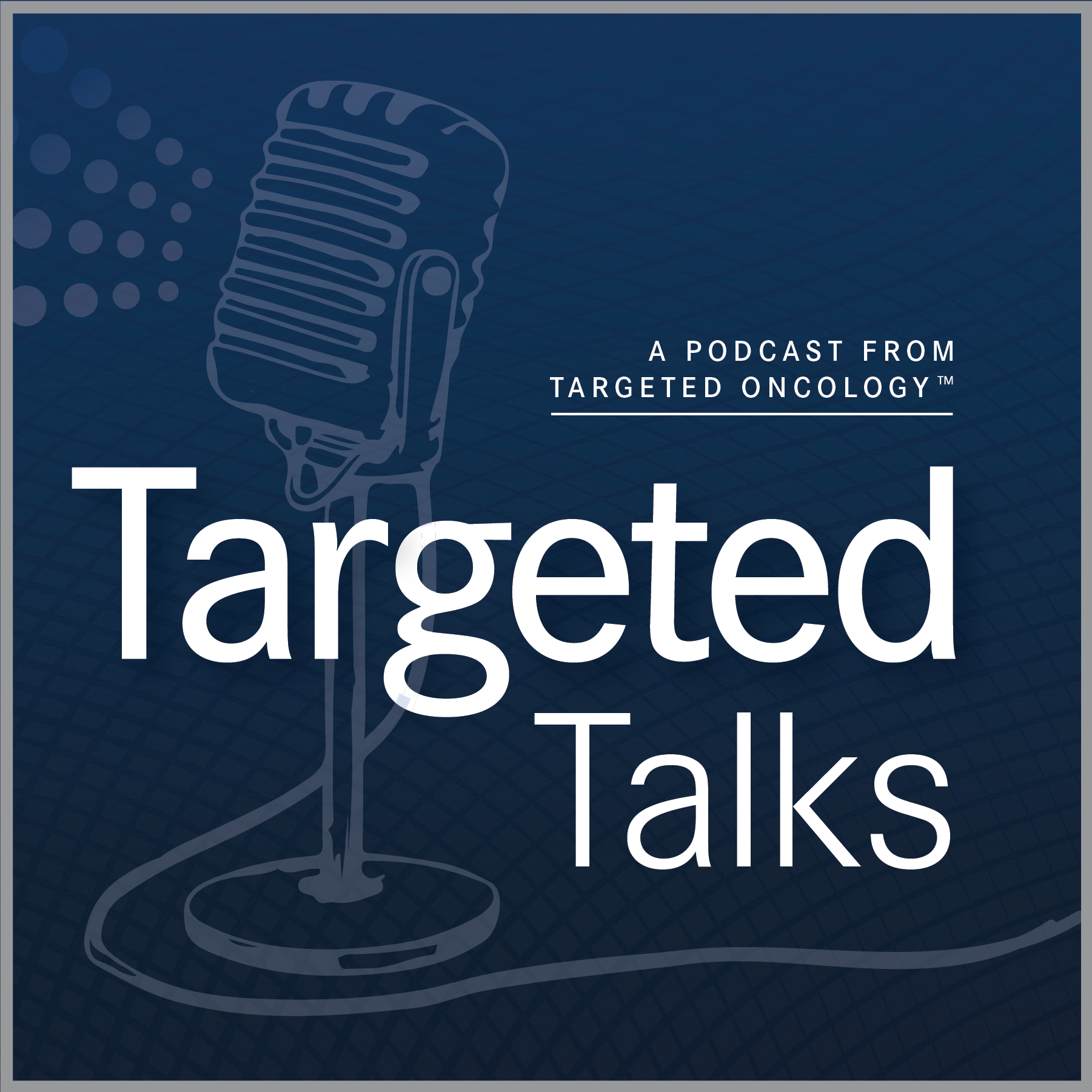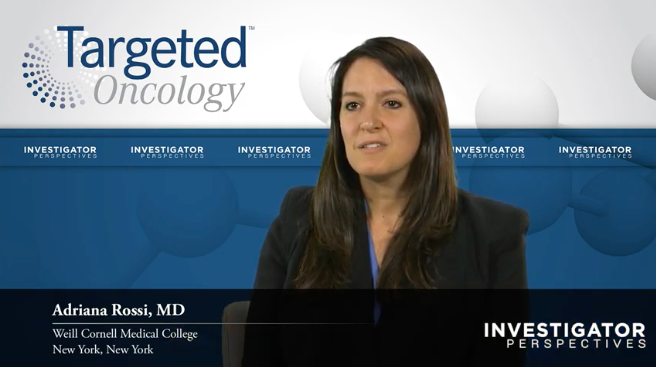Trending News on Targeted Oncology, Week of June 19, 2020
Targeted Oncology reviews trending news online for the week of June 19, 2020, including recent news from the FDA, updates in oncology, and new information regarding COVID-19.

In oncology news, the FDA granted the second tumor-agnostic approval for pembrolizumab (Keytruda) for the treatment of patients with unresectable or metastatic solid tumors who have tissue tumor mutational burden–high (TMB-H) and have progressed on prior treatment and have no satisfactory alternative options left. The FDA also expanded approval of a preventative vaccine for HPV-associated oropharyngeal and other head and neck cancers, granted an accelerated approval to lurbinectedin (Zepzelca) for adults with metastatic small cell lung cancer (SCLC), expanded approval of gemtuzumab ozogamicin (Mylotarg) for pediatric patients with CD33-positive acute myeloid leukemia, and approved tazemetostat (Tazverik) for 2 follicular lymphoma indications.
This week, the FDA also granted several Orphan Drug designations, Breakthrough Therapy designations, and Fast Track designations to various therapeutic agents in the cancer treatment landscape.
These updates and others were trending this week:
FDA Approves Pembrolizumab for TMB-High Solid Tumors
Pembrolizumab received a tumor-agnostic FDA approval as treatment of both adult and pediatric patients with unresectable or metastatic solid tumors with tissue TMB-H (≥10 mutations/megabase), as determined by an FDA-approved test, who have progressed following prior treatment and have no satisfactory alternative treatment options.
FDA Accelerates Approval of Lurbinectedin in Metastatic SCLC
The FDA granted accelerated approval to lurbinectedin for the treatment of adult patients with metastatic SCLC whose disease has progressed on or after platinum-based chemotherapy.
MonarchE Meets Primary End Point with Abemaciclib Combo in HR+, HER2- Breast Cancer
The addition of abemaciclib (Verzenio) to standard adjuvant endocrine therapy induced a significant reduction in the risk of breast cancer recurrence or death compared with adjuvant endocrine therapy alone in patients with hormone receptor-positive, HER2-negative early breast cancer in the phase 3 monarchE study.
Tafasitamab Plus Lenalidomide Demonstrates Long-Term Efficacy in R/R DLBCL
The combination of tafasitamab (MOR208) and lenalidomide (Revlimid) followed by tafasitamab monotherapy led to responses that appeared long-lasting in patients with relapsed or refractory diffuse large B-cell lymphoma, according to 2-year follow-up results from the phase 2 L-MIND study.
Atezolizumab Plus Chemotherapy Improves Responses in Triple-Negative Breast Cancer
A statistically significant and clinically meaningful improvement in the pathological complete response was statistically significantly and clinically meaningfully improved with atezolizumab (Tecentriq) plus albumin-bound paclitaxel (Abraxane), followed by doxorubicin and cyclophosphamide in patients with triple-negative breast cancer, regardless of PD-L1 expression, compared with chemotherapy alone, according to findings from the phase 3 IMpassion031 study.

Targeted Talks: Individualizing Immunotherapy in Non–Small Cell Lung Cancer
Community physician Jason R. Williams, MD, DABR, of the Williams Cancer Institute, led a discussion with George R. Simon, MD, FACP, FCCP, of The University of Texas MD Anderson Cancer Center, about the use of immunotherapy in patients with non–small cell lung cancer, whether treated in an academic or community setting, and how this could be challenged with the discovery of a genetic driver alteration, during the first Targeted Talks podcast episode.
Investigator Perspectives: The Impact of CD38-Targeted Therapy in Multiple Myeloma
Adriana Rossi, MD, of the Weill Cornell Medical College, discussed the role of CD33-targeted therapy as treatment of patients with multiple myeloma and highlighted the impact of these therapies in an Investigator Perspectives series.
Special Feature: COVID-19 Update

Dexamethasone Shows Benefit for Hospitalized Patients With COVID-19
Low-dose dexamethasone induced promising benefit as treatment of patients with coronavirus disease 2019 who required respiratory intervention, according to findings from 1 arm of the RECOVERY trial in the United Kingdom.
